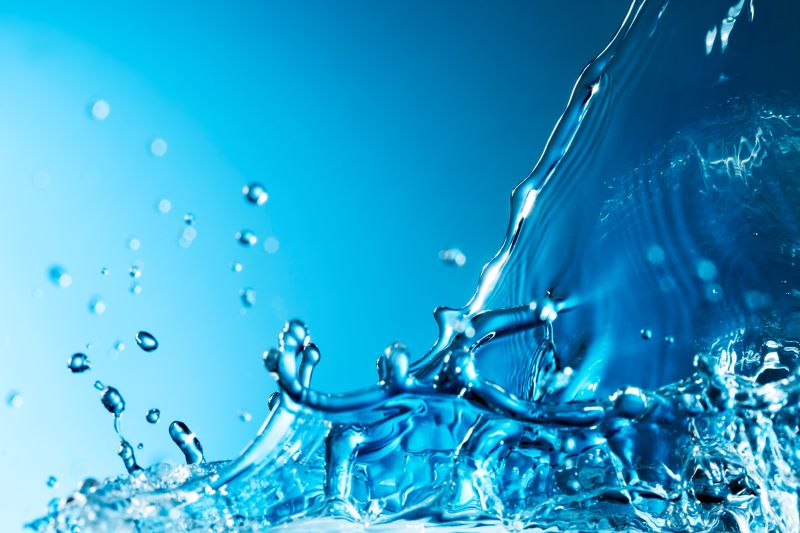When most CPAP users go to fill up their humidifier water chambers, tap water is the default. However, clinicians and CPAP manufacturers recommend that patients use distilled water only. It might seem like an inconvenience, but it’s not, and it’s worth it. Here is why.
Why Use a CPAP Humidifier?
Humidification is critical to making CPAP therapy comfortable for people with obstructive sleep apnea (OSA), especially during the cold winter when indoor heat is running, drying the air. A humidifier vaporizes water in the CPAP tubing and chamber. The air flows through the patient’s airways, and the added moisture prevents side effects such as dry mouth and irritated sinuses. In addition, it helps break up congestion due to a cold or allergies.
Add heat if the air is too cold or condensation builds in the tube. This is accomplished using a heated humidifier or adding heated tubing to the regular humidifier. Most CPAP machines today come with heated humidifiers built in. One can also purchase heated tubing to use with an existing humidifier.
An added benefit to using heated tubing is that it helps keep the CPAP tubing and mask free of excess moisture, preventing bacteria growth.
Why You Should Never Use Tap Water in the CPAP Humidifier
In the US, different states have different regulations for purifying tap water. Standard tap water is safe for public consumption in most places but carries trace contaminants. Tap water contains mineral deposits, germs, and microbes that one should never risk breathing in. With time, the contaminants might also collect on your supplies damaging the CPAP tubing and motor. Distilled is the only water to use in the water chamber. Poor quality tap water might lead to a runny nose, bacterial infection, sore throat, or adverse reaction for those allergic to mold spores.
Can I Use Filtered or Boiled Water?
Boiling water doesn’t eliminate chemical contaminants or minerals, even though it kills mold spores, microbes, and bacteria. However, the water remains hard, meaning it contains minerals such as iron, calcium, and magnesium. High mineral content might lead to buildup within the water tubing.
Filtered water isn’t pure enough to use in CPAP, either. A home filter removes some contaminants and improves the smell and taste. The water is, however, not up to par for use in a CPAP as mineral content remains.
Can I Use Bottled Water?
Bottled water exists in different types. However, bottled water isn’t truly free of impurities. Most bottled water is “remineralized” water once it’s purified. This is true whether labeled filtered, purified, spring, or mineral water.
Why Is Distilled Water Best for CPAP?
Unlike the purification process for different types of water, the distillation process physically separates water from minerals and contaminants. The water is heated past the boiling point, and the vapor is cooled and captured. The condensation formed is distilled water. It is then collected and distributed in water bottles. Distilled water is sold in most grocery stores and for CPAP machines.
Parkway Sleep Health Centers
Do you suffer from sleep apnea? Do you long to feel energized in the morning after a good night’s sleep? Parkway Sleep Health Center can help. After an evaluation, a treatment plan will be developed, including using a CPAP machine, if necessary. Contact us today at 919-439-3463 and see what we can do for you.




